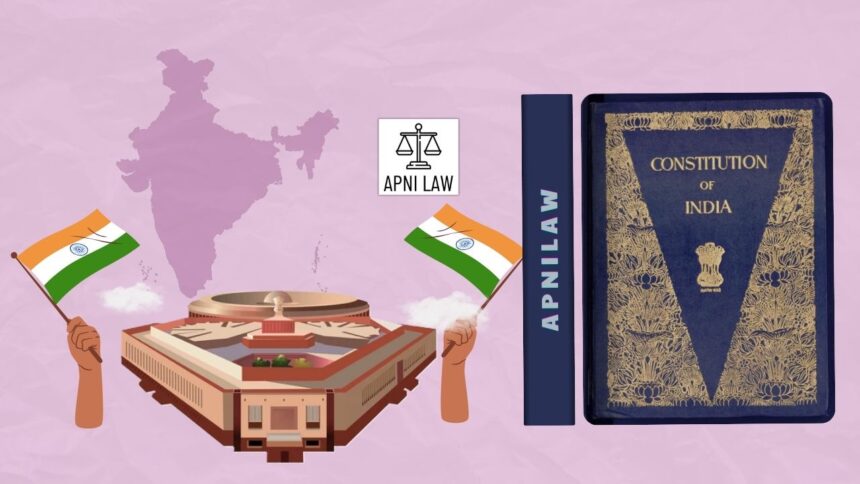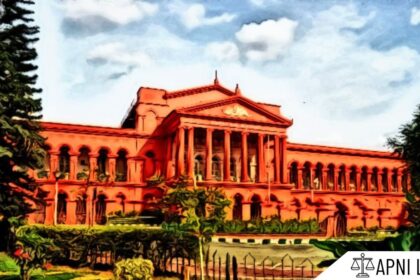Introduction
Regional parties in India have become a defining feature of the country’s political landscape. Unlike national parties that aim to represent the entire country, regional parties focus on specific states or regions. They represent local aspirations, cultural identities, and socio-economic concerns that may not always align with national priorities. Since independence, India’s federal structure has allowed these parties to emerge as powerful voices in shaping state politics and influencing national policies. Their growth symbolizes the deepening of democracy, giving diverse communities a platform to express their unique needs within the larger national framework.
Historical Background of Regional Parties in India
The roots of regional parties can be traced to the early years after independence. During the dominance of the Indian National Congress, regional issues often took a backseat to national concerns. As a result, dissatisfaction grew among certain communities and linguistic groups. The creation of states on linguistic lines through the States Reorganisation Act of 1956 marked a turning point, as it gave regional identity a constitutional recognition.
The Dravida Munnetra Kazhagam (DMK) in Tamil Nadu was among the first major regional parties to challenge Congress dominance. Emerging from the Dravidian movement, it advocated for Tamil pride, social justice, and state autonomy. Soon, other regional parties such as the Akali Dal in Punjab, Shiv Sena in Maharashtra, and Telugu Desam Party (TDP) in Andhra Pradesh followed suit. Each of these parties arose from regional movements demanding recognition, autonomy, and equitable development.
Rise and Consolidation of Regional Parties
By the 1980s, the Indian political scene witnessed the steady decline of Congress dominance and the rise of coalition politics. Regional parties gained strength as they began forming alliances at the national level. The National Front government in 1989, led by V.P. Singh, was a clear indication that national politics could no longer ignore regional aspirations.
The 1990s and 2000s were decades of coalition governments at the Centre. Regional parties such as the Samajwadi Party (SP) in Uttar Pradesh, Bahujan Samaj Party (BSP), Biju Janata Dal (BJD) in Odisha, and Trinamool Congress (TMC) in West Bengal began playing kingmakers in national politics. Their participation in coalitions such as the United Front, NDA, and UPA reflected the changing nature of federalism in India.
Factors Behind the Growth of Regional Parties
Several factors explain the success and growth of regional parties in India. One major reason is India’s vast diversity. Regional languages, cultures, and economic disparities often lead to unique state-level concerns that national parties fail to address effectively. Regional parties fill this gap by focusing on local development, welfare schemes, and identity politics.
Another reason is the federal structure of India, which provides states with a degree of autonomy under the Constitution. This allows regional leaders to voice state interests more assertively. Electoral reforms and coalition politics have also made it easier for smaller parties to gain influence.
Furthermore, the rise of educated leadership and social movements at the grassroots level has given many regional parties a strong connection with local populations. Parties like the DMK and AIADMK in Tamil Nadu, TMC in West Bengal, and Aam Aadmi Party (AAP) in Delhi have thrived because they resonate deeply with regional identities and developmental aspirations.
Role of Regional Parties in Strengthening Federalism
Regional parties play a crucial role in strengthening Indian federalism. They act as a bridge between the Centre and the states by ensuring that local concerns are represented in national policymaking. Their presence prevents excessive centralization of power and promotes cooperative federalism.
When regional parties participate in coalition governments, they ensure that national policies reflect the diversity of India’s states. For example, the inclusion of regional leaders in coalition cabinets has led to more balanced development schemes, increased funding for state projects, and greater recognition of linguistic and cultural diversity.
Regional parties also serve as a check on authoritarian tendencies. By decentralizing political power, they bring governance closer to the people. State governments led by regional parties often experiment with innovative welfare programs, such as the mid-day meal scheme in Tamil Nadu and women’s self-help initiatives in Andhra Pradesh, which later influence national policies.
Challenges Posed by Regional Parties
Despite their contributions, regional parties also face criticism. Some tend to prioritize local or populist issues at the cost of national interest, leading to fragmented policymaking. Instances of corruption, dynastic leadership, and regional chauvinism have also tarnished their image.
Moreover, when regional parties emphasize identity-based politics too strongly, it can fuel tensions between different linguistic or cultural groups. Balancing regional pride with national unity remains one of the key challenges for India’s democratic system.
Regional Parties and Coalition Politics
Coalition politics has been the defining feature of Indian governance since the 1990s, and regional parties have played a decisive role in shaping it. Whether it was the United Progressive Alliance (UPA) or the National Democratic Alliance (NDA), regional parties have often determined the success or failure of governments at the Centre.
Their participation has ensured that the Centre takes state demands seriously. However, coalition politics also introduces instability, as regional parties can withdraw support over local disagreements. Nevertheless, this dynamic reflects the reality of India’s multi-layered democracy, where no single party can dominate all regions indefinitely.
The Contemporary Role of Regional Parties
In recent years, regional parties have continued to redefine Indian politics. Parties such as the TMC in West Bengal, BRS (formerly TRS) in Telangana, DMK in Tamil Nadu, and AAP in Delhi have demonstrated strong governance models that challenge national parties’ dominance. These regional forces often focus on issues such as social welfare, education, and state autonomy rather than purely ideological battles.
The 2019 general elections and subsequent state elections showed that while national parties like BJP and Congress remain major players, regional parties continue to hold significant power in states like Tamil Nadu, Telangana, Odisha, and West Bengal. Their performance underlines that Indian democracy remains deeply federal in spirit and regional in practice.
FAQs on Regional Parties in India
- What distinguishes regional parties from national parties?
Regional parties operate primarily within one or a few states and focus on local issues, while national parties work across several states with a broader national agenda. - How do regional parties strengthen federalism?
They ensure that the voices and interests of states are represented in national policymaking, preventing excessive centralization of power and promoting cooperative federalism. - Which are some major regional parties in India today?
Prominent regional parties include the DMK and AIADMK in Tamil Nadu, TMC in West Bengal, BJD in Odisha, and BRS in Telangana.
Conclusion
The rise of regional parties marks a maturing phase in India’s democratic evolution. They have given citizens a stronger voice in governance, ensuring that local concerns receive national attention. By bringing regional issues to the forefront, these parties have made India’s federal structure more vibrant and responsive.
However, their growing influence also calls for responsible politics, where regional pride aligns with national unity. Regional parties, when functioning responsibly, enrich India’s democracy by embodying its spirit of “unity in diversity.” They remind us that federalism in India is not just a constitutional arrangement but a living reality that reflects the voices of millions across the country.
For any specific query call at +91 – 8569843472








